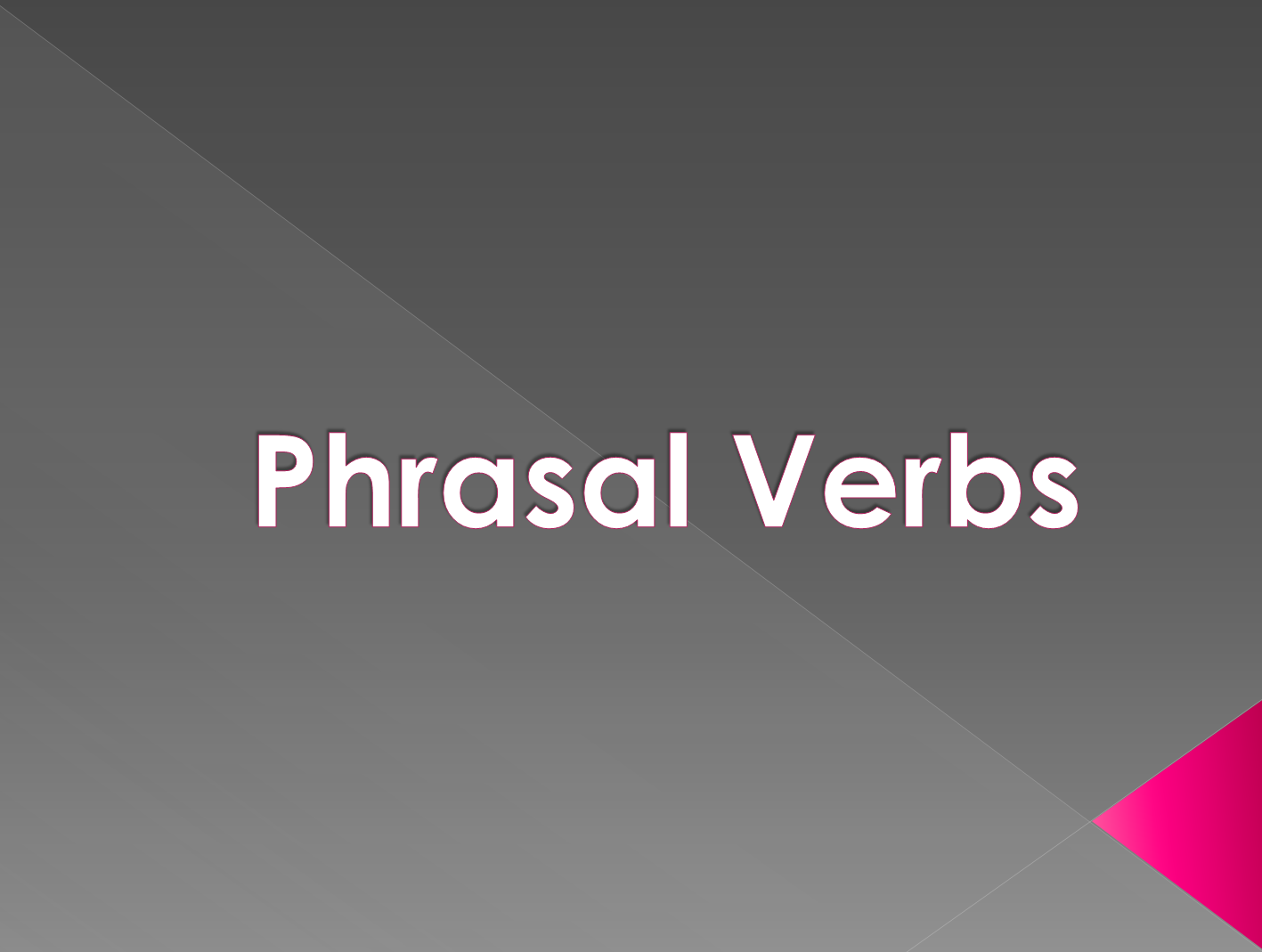
Talking about Work or Study in IELTS Speaking can be a challenge, not only for the vocabulary, but also knowing what to talk about. The IELTS Speaking Module is designed to assess your English Language Speaking Skills. To ensure a good score in the IELTS Speaking Module, you must study and practice the common Speaking Question types.
Get ideas on the sample answers below and practice to achieve your target band score. Here are some of the questions asked:
1. Describe your education
Answer – I graduated from High School for the Gifted and got into an International University because I think 2-year study at this university would prepare me well, especially my critical thinking skills before I finish another 2 years abroad at the University of Nottingham.
OR
I’m on a 5 year study plan, so I’ll finish in 2 years. Next year, I’ll begin my internship at a clinic for substance addicts. I really look forward to that hands on experience. After my Bachelor’s, I plan to go onto my Master’s, perhaps even my PhD.
2. What is your area of specialization?
Answer – My major is Plant Biotechnology. I have been into Biology since I was in high school and I think a shift to a field where Biology and advanced technology are associated would be interesting and promising for my future career.
3. Why did you choose to study that major?
Answer – There are many reasons for my choice. As I’ve already explained about my long-term interest in Biology and plants, another reason could be because of science itself, since I’ve found my personalities have changed in a positive way, you know, like I’ve become more patient and skillful.
4. Do you like your major? (Why?/Why not?)
Answer – To tell you the truth it was quite challenging for me at first, because the university’s requirements are especially high and you know science itself highly demands skillful hands and curious mind. However, as time goes by I think I’m getting used to an insurmountable amount of pressure and actually enjoy my study.
5. What kind of school did you go to as a child?
Answer – Well just like most of the pupils, I spent five years at the government’s primary school. It took me only 10 minutes to go to school and I had my parents take me to school everyday. Classes start at 7 in the morning and end at 5 in the evening.
6. What was your favourite subject as a child?
Answer – To tell you the truth, I was quite good at Literature back then. Besides, my Literature teacher was really dedicated and caring, thus I always tried my best to get high score and impressed my teacher.
OR
I’ve always loved Art because it helps me relax and well, I’m quite good at it. After all the strenuous hours of book work in the other classes, it was always a relief for me to come to my canvas. I feel that Art is an incredible outlet (a way to express feelings) for me.
7. (Possibly) Are you looking forward to working?
Answer – To be honest, working is actually my plan B just in case I need to make ends meet. In the future I think my higher degree is my priority.
OR
Absolutely! I cannot wait to put into effect what I’ve been learning for years now. I’m eager to help people with the psychological struggles that they face. I believe I can make a difference in the world.
8. What do you do?
Answer – For the past few months I’ve been working for The Guardian as a news editor. In fact this is my first job ever, I’m working really hard to contribute to the success of this prestigious newspaper.
9. What are your responsibilities?
Answer – As a part-time editor, I am responsible for editing news related to different current affairs as well as collecting information for the newspaper edition.
10. Why did you choose to do that type of work (or, that job)?
Answer – I guess it’s mainly because of the job flexibility & my passion for journalism. To be more specific, this job offers me alternatives to the typical nine-to-five work schedule, enabling me to find a better balance between work and life. Besides, this job gives me opportunities to pursue my dream to become a journalist down the road.
11. Is there some other kind of work you would rather do?
Answer – At present I don’t think I’m able to dedicate myself to any other job rather than this one. In fact, to me it’s the experiences and opportunities I can gain that really matters.
12. Describe the company or organization you work for.
Answer – The Guardian is a National British daily newspaper which offers free access both to current news and an archive of three million stories.
In April 2011, MediaWeek reported that The Guardian was the fifth most popular newspaper site in the world. I personally believe that the guardian is the inspirational workplace for all people who dream of becoming a journalist.
13. Do you enjoy your work?
Answer – Most of the time. Contributing to the news production for a world-class newspaper gives me a sense of satisfaction and pride.
14. What do you like/dislike about your job?
Answer – Well the perk of being a news editor is that you’ll surround yourself with inspiring news on a daily basis. What I don’t like about this job is that I have to do a thousand edits to get the final one to meet the requirement of my boss. Sometimes I feel a bit overloaded with tons of tasks.
15. (Possibly)Do you miss being a student?
Answer – I surely will miss my student life once I get involve in the workplace. For me I think when I’m a student, at least I have someone guide me, whereas at work mostly you must guide yourself. The academic environment appears to be a comfort zone for me, while I’m sure I’ll struggle with fitting in the working environment.
16. What is your job?
Answer – I’m the founder and project manager for a volunteer organization called Corazon de Apus. We find local children living in poverty or with difficult family situations and bring them to a safe place after school where they can learn English with the volunteers from Western countries, get homework help, and simply play and escape their problems.
We also pitch in (everyone gives some money) to provide them with school supplies, dental care, and uniforms.
17. How long have you been doing your job?
Answer – This is my 4th year on the job. Actually, at university I studied Finance, but I realized a 9- 5 isn’t for me. I knew I needed to do a job that helps those in need. However, my finance skills do come in handy (are useful) in this job!
18. How was your first day at work?
Answer – I felt a little overwhelmed with all the volunteers coming to me asking all the ins and outs (all the details), but very excited at the same time. All of the stress was worth it when I saw the smiles of the children. Actually, they tackled me (to jump on and push to the ground) to ground with hugs!
19. Do you prefer part time or full time job? Why?
Answer – Well, of course I would rather have a part-time job! If I had a part-time job, I would invest the rest of my time to do the things that truly interest me, such as yoga, meditation, see family and friends, etc. I’m sure we would all feel happier if we were able to do this.
Unfortunately, the problem is the money though!
20. Which job did you want to do when you were a child?
Answer – I used to dream of being a zookeeper. I have no clue why I thought it would be enjoyable to clean up after large, exotic animals! I guess I always loved animals. Anyway, this dream has passed!
21. Which job do you prefer in the future?
Answer – I would like to continue in the volunteer field, but keep expanding the projects. For example, I have dreamt of going to remote villages in the mountains and educating the people about public health, as it is a big problem in Peru. I hope to aid in (to help) reducing preventable disease.
22. What is your area of specialization?
Answer – I’m a Psychology major with a minor in Spanish language.
23. Why did you choose to study that major?
Answer – As I’ve always been fascinated by how the mind works, I felt that Psychology was the ideal field of study for me. Furthermore, I believe I have wonderful interpersonal skills and can easily connect and empathize with others, making me the perfect fit.
24. Do you think your country has an effective education system?
Answer – To an extent yes, but I also think it can be too theoretical at times. I think they need to teach us how to use the information we learn more rather than just have us memorize for the exam. All in all, I cannot complain too much though.
Follow us on Twitter for more updates and the latest test tasks. If you want to support my work, you can buy me a cup of coffee here.
https://www.buymeacoffee.com/ihyme
You may also like:- Idioms and Other Expressions Used For Talking About ‘Work’
- What Are Weasel Words?
- Money and Finance – Test Your Knowledge
- Phrasal Verbs, Idioms and Other Expressions Using ‘CUT’
- How to Say Time in English
- Idioms and Other Expressions Used For Talking About Money
- Shopping and Consumerism – Match the Correct Name
- Phrasal Verbs – Choose the Correct Verb
- Currency Markets – Choose The Best Words
- Personal Qualities – Use the Best Nouns and Adjectives








